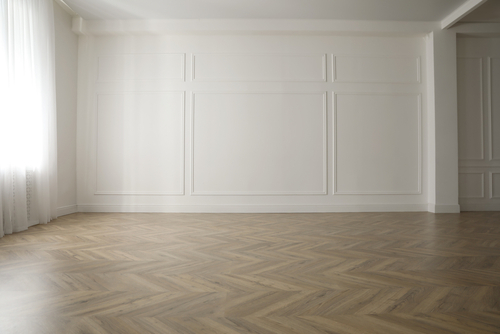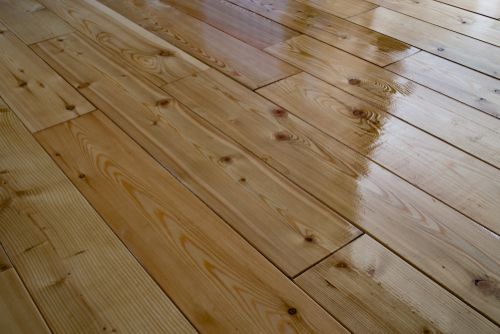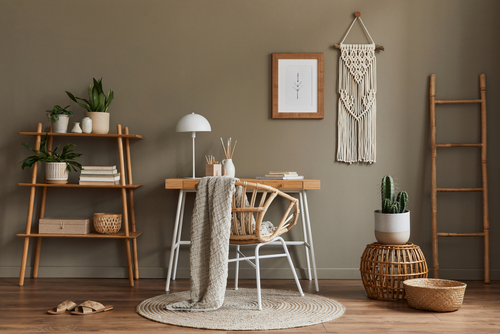
Do Termites Eat Wood Flooring?
April 28, 2021
What Are The Pros And Cons Of Timber Decking
August 2, 2021Is Wood Flooring Bad For Your Health?
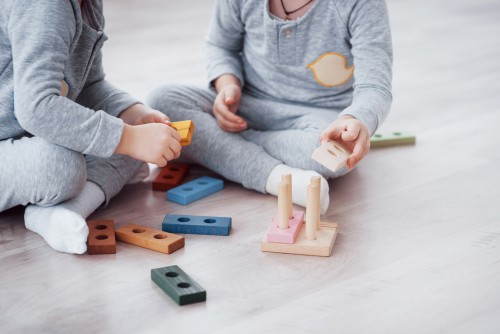
Is Wood Flooring Bad For Your Health? If you are in search of a flooring option that gives a rich feel to the feet while suiting your budget, then wooden flooring can be a great option. The natural feel of wood and the warmth it offers, attract people from over the globe.
Wooden flooring stands out from most other options available in the same budget. It is timeless and does a lot in enhancing the overall ambiance of the home. But the concern here is- does wood flooring affect health? Let’s find out.
Hardwood is a natural product
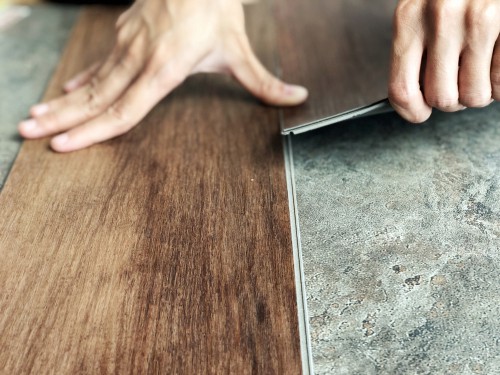
Some flooring options include synthetic fibers that go through stringent chemical procedures. This can leave harmful residues on the floor and cause health problems in the future. Also, these polymers and solvents can creep into our homes and stay for years.
When other types of flooring start wearing out, wood flooring still remains young and graceful. Also, since it is a natural product, there is no chance of chemical emission. This means you will not have to worry thinking does wood flooring affects health.
Wood is a carbon-neutral material
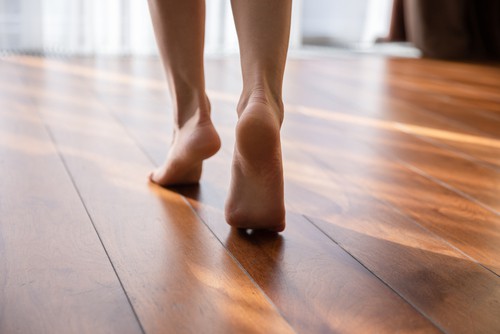
Products made out of wood store carbon during their use. We all know that a tree sucks carbon dioxide through its life and give off oxygen. Even after a tree is cut for timber, it continues storing carbon dioxide for the rest of its life.
This makes wood flooring an eco-friendly choice for the overall improvement of air quality. In recent times, the quality of the wooden floor is also improved with VOC finish and premium-quality adhesives.
It does not trap allergens

If you are thinking does wood flooring affect health, then it is important to mention that it can improve the air quality to a great extent. The number of people getting affected by allergies is rising every year.
With the COVID-19 pandemic becoming a threat to our lives, you would want to minimize the prevalence of allergens in your home.
Many allergic diseases such as asthma are caused by mold spores, pollen, dust mites, and other irritants. While it is impossible to control them outside, you can significantly reduce their impact with wooden floors.
Since wood layers have no fibers that can trap or accumulate these allergens, they will never be a threat to your health.
Wood acts as a natural air purifier

As already mentioned, wood unlike carpets does not trap any kind of allergens. As a result, it is a safe option for pets, infants, and older people. If you consider other options such as tiles or laminates, the grout lines and embossing can lead to the accumulation of dust and debris.
You can easily rule out these chances with wood floors.
Also, hardwood is a great way of retaining the value of your home. If you wish to sell your home or want your future generations to thrive in the same home, a wood floor can be a sustainable option.
Wood is an eco-friendly and sustainable option

While most other flooring options need to be refurbished or replaced, wood floors tend to be fine for many years at a stretch. Also, if you want to replace your floors, they can be recycled and used again.
In most cases, this involves the process of sanding followed by restaining to be used as floor again. Also, when trees are cut down for manufacturing and engineering into finished products, a larger number of trees are planted again for keeping up the forest cover.
For transforming a log of wood into a finished floor, there are no toxins involved. There are no harmful by-products required and the energy consumption is also minimal. So if you ask does wood flooring affects health, the answer is sure ‘No’.
To add to its benefits, wooden floor production doesn’t produce much waste. The sawdust or the small wood chips can also be used to prepare other products like paper.
Is Wood Flooring Bad For Your Health? – Conclusion

Also, hardwood flooring is easy to maintain and clean. You can vacuum and mop from time to time to keep the floor clean. This floor does not attract much dust or debris owing to its non-electromagnetism.
Moreover, families with pets are prone to have a musty smell and this becomes an issue in carpeted rooms. But with wooden flooring, this is the last thing you have to worry about.

